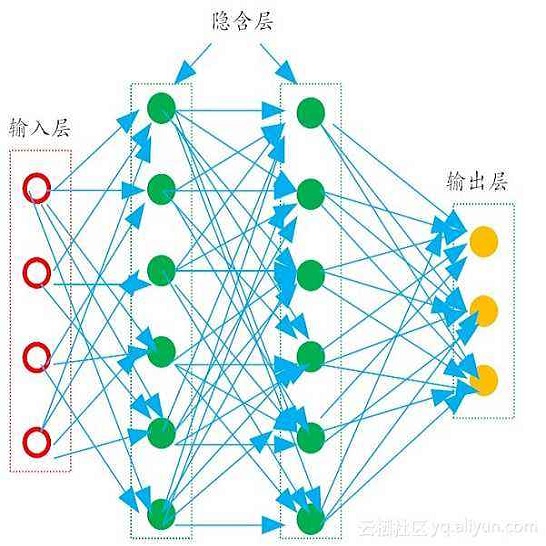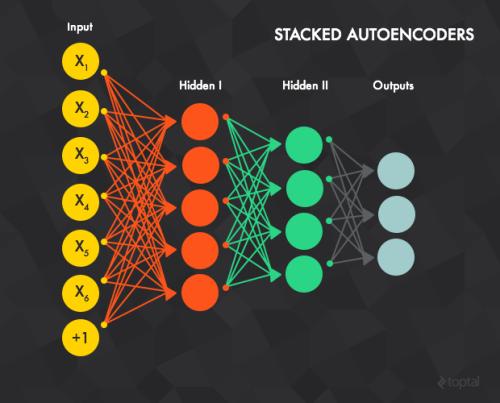Printed Electronics (PE) feature distinct and remarkable characteristics that make them a prominent technology for achieving true ubiquitous computing. This is particularly relevant in application domains that require conformal and ultra-low cost solutions, which have experienced limited penetration of computing until now. Unlike silicon-based technologies, PE offer unparalleled features such as non-recurring engineering costs, ultra-low manufacturing cost, and on-demand fabrication of conformal, flexible, non-toxic, and stretchable hardware. However, PE face certain limitations due to their large feature sizes, that impede the realization of complex circuits, such as machine learning classifiers. In this work, we address these limitations by leveraging the principles of Approximate Computing and Bespoke (fully-customized) design. We propose an automated framework for designing ultra-low power Multilayer Perceptron (MLP) classifiers which employs, for the first time, a holistic approach to approximate all functions of the MLP's neurons: multiplication, accumulation, and activation. Through comprehensive evaluation across various MLPs of varying size, our framework demonstrates the ability to enable battery-powered operation of even the most intricate MLP architecture examined, significantly surpassing the current state of the art.
翻译:暂无翻译




